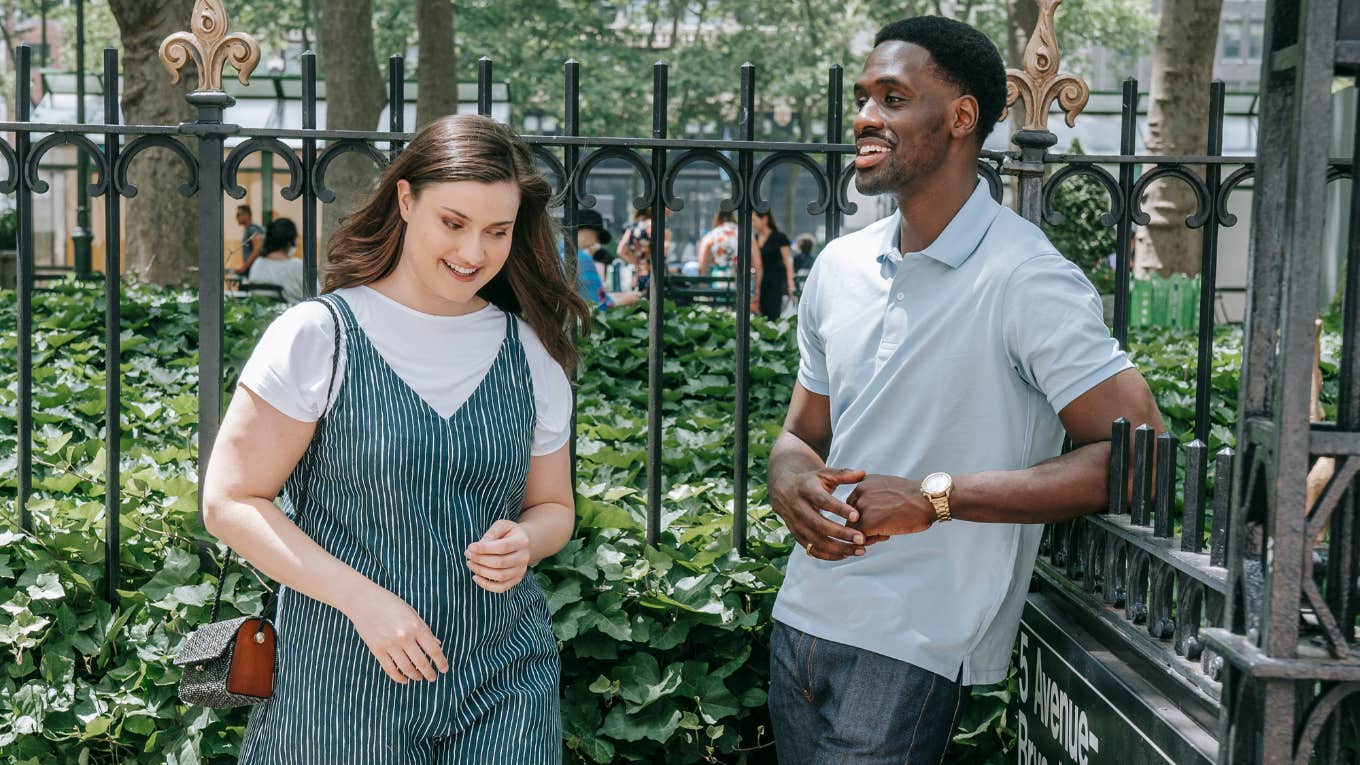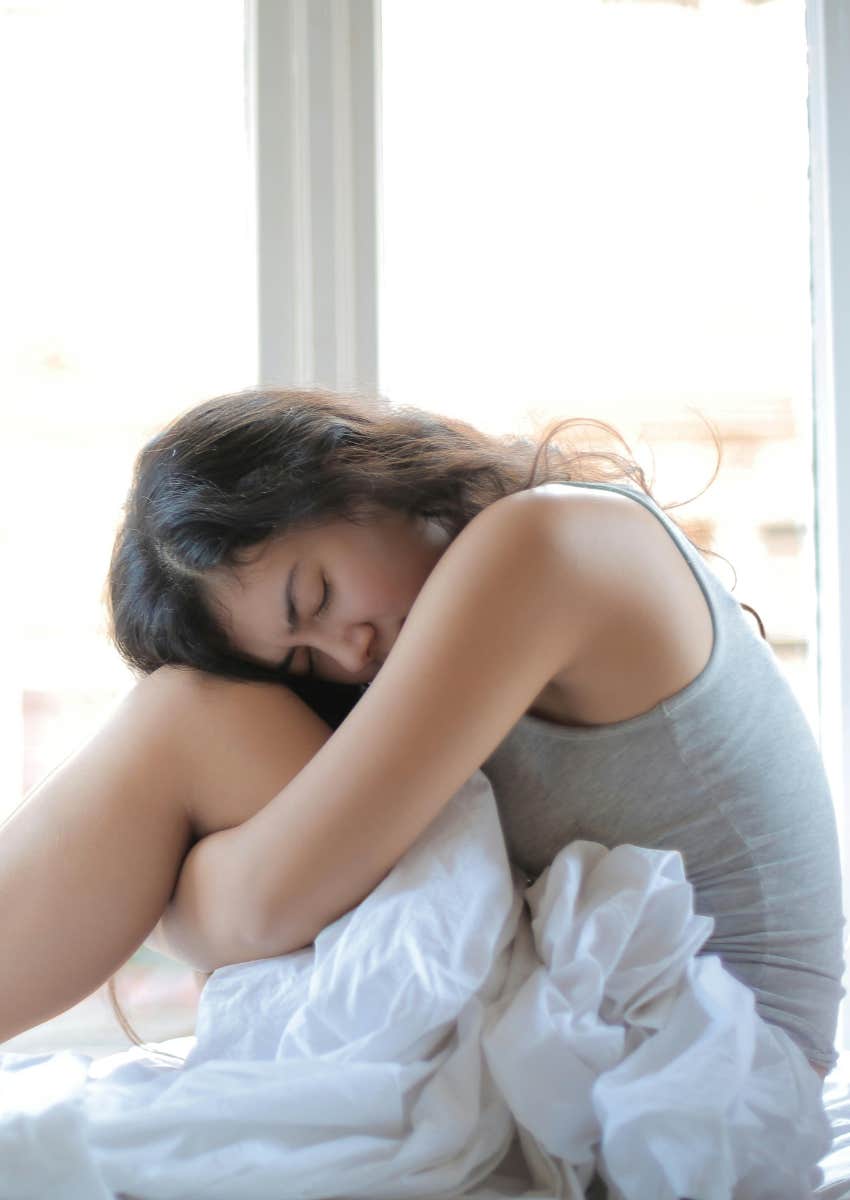Psychologist Asks Men And Women The Same Question & Their Responses Are Very Telling
Societal pressure is different for women and men.
 Liliana Drew | Pexels
Liliana Drew | Pexels There are a lot of differences between how men and women are viewed in society. While people of both genders have been fighting for equality for years, it has been slow to come, and is more evident in certain areas than others.
Clinical psychologist Dr. Amanda Hanson picked up on these disparities just like most people. And, as a mental health professional, she has an inside look at how this affects men and women psychologically. So, she decided to perform a little experiment. She took to the streets to ask men and women the same question, all while being filmed. She shared the results in a reel on her Instagram account, and it can tell us a lot about how our culture treats different genders.
The psychologist asked men and women when they first heard someone make a negative comment about their body.
For the women she talked to, the question clearly struck a chord. “I want to say when I was, like, seven,” one woman responded. “Even as young as, like, first, second grade,” said another.
 cottonbro studio | Pexels
cottonbro studio | Pexels
For men, the story was decidedly different. Many men simply answered “no” or “I don’t.” One said, “Serious, like, serious comment, intentionally hurtful? I’m not sure.”
There were a few men who defied the norm. One man explained that he never experienced this as a child, but did in adulthood when he put on some weight and a friend called him “pudgy.” Another man also shared his story of struggling with his weight and having it pointed out to him when he was just a kid in elementary school. Two men said people commented on the size of their ears.
Dr. Hanson spoke with quite a few people, and every single woman was able to remember the first time someone spoke negatively about their body. However, only four men could say the same.
Dr. Hanson then followed that up with another related question that seemed to reveal just as much.
“Is that a comment that you’ve been able to forget and get out of your consciousness?” she asked. Women shared their vulnerable thoughts. “Not really, but I’m trying to live my life,” one said. “I think it’s, like, always a battle,” another added.
A third woman shared just how deeply it had affected her. “Oh, I remember it vividly,” she said. “I remember who said it. I remember where we were … I don’t know if I still believe it, but it’s definitely something that’s stuck with me all these years.”
As for men, one of the ones accused of having big ears shared, “It didn’t really bother me, but it just is what it is.”
Women face a unique pressure to look perfect that men do not experience in the same way.
An AARP survey found that 71% of women felt like “most people judge their gender on external beauty.” Additionally, BBC reported on a survey from the organization Girlguiding that concluded girls experience “intense and unobtainable appearance pressures to be perfect” starting as young as 7 years old. This follows what many of the women Dr. Hanson spoke with said.
 Andrea Piacquadio | Pexels
Andrea Piacquadio | Pexels
This doesn’t mean that men never struggle with their own self-esteem. Writing for the Child Mind Institute, Beth Arky explained that gender stereotypes often push boys to feel like they have to appear overly masculine and aggressive. This is certainly something to keep in mind, but it seems like men do not face the same pressure to look a certain way that women do.
Women have a unique perspective on the anxiety that comes with trying to look perfect because they’ve lived that way since they were young children. People just assume that it’s okay to judge women’s bodies — even other women themselves. It’s what our culture has conditioned us to do. Dr. Hanson’s work just proves something that most women already knew.
Mary-Faith Martinez is a writer with a bachelor’s degree in English and Journalism who covers news, psychology, lifestyle, and human interest topics.

